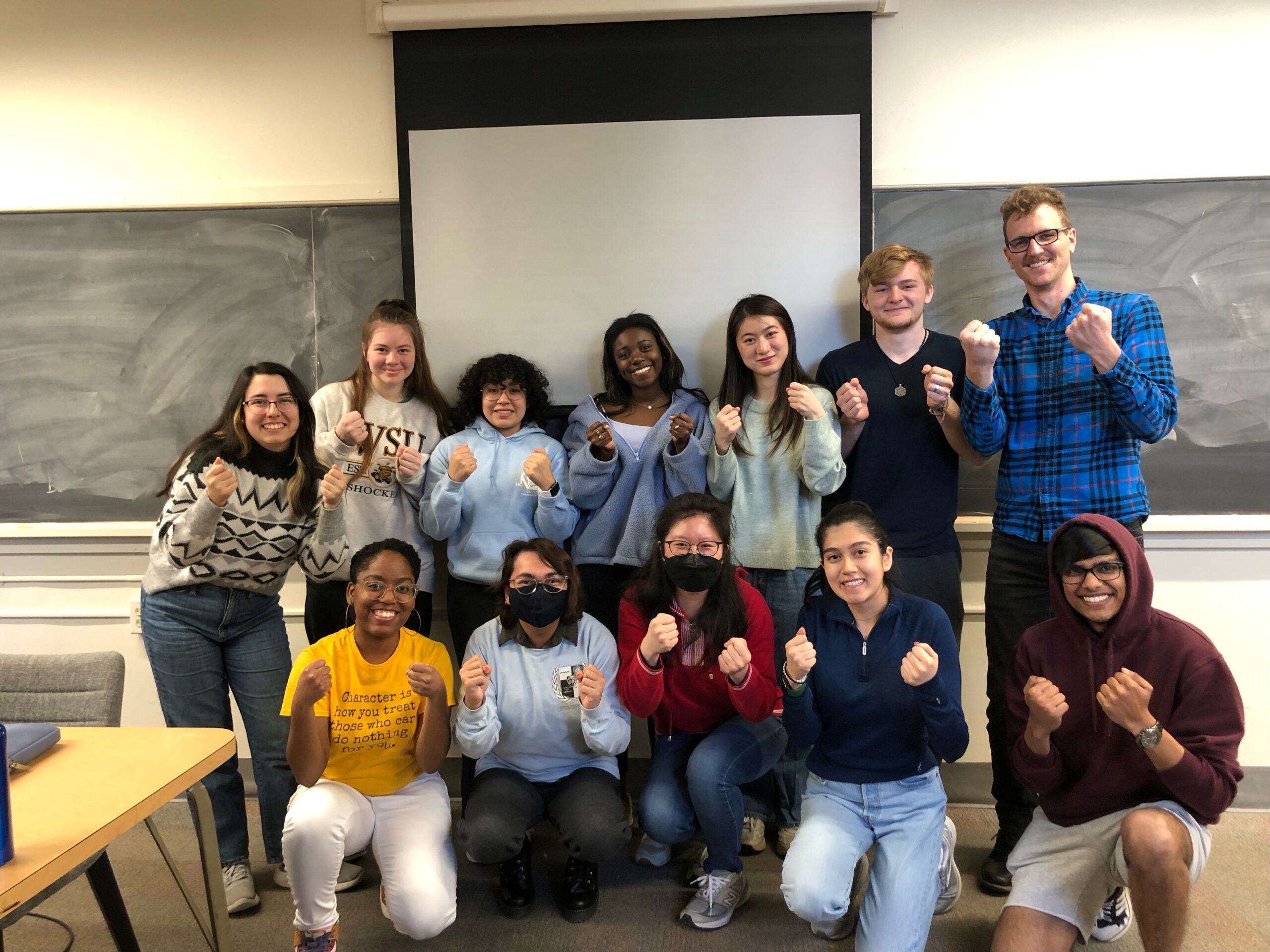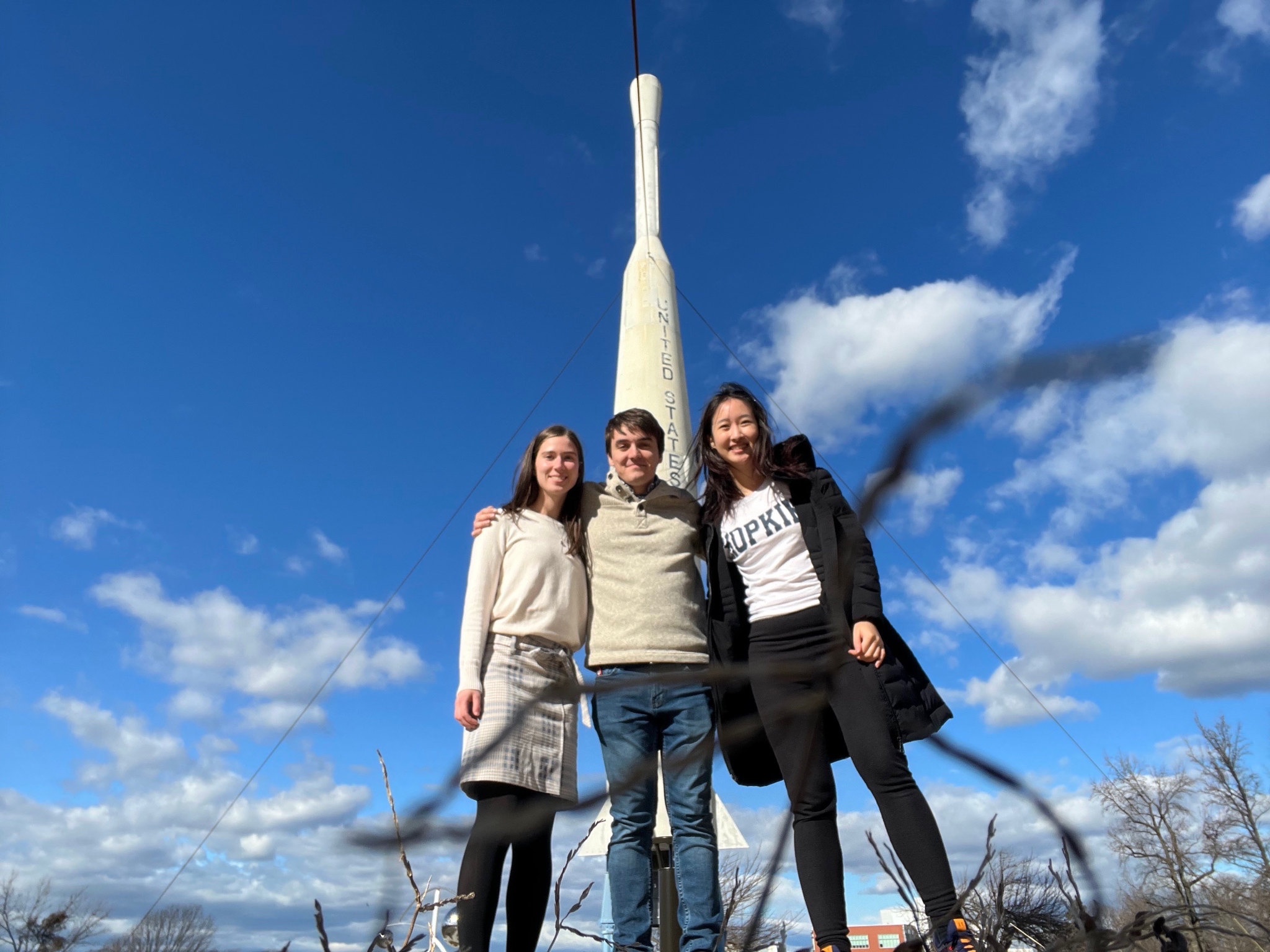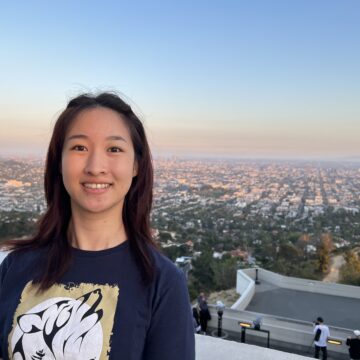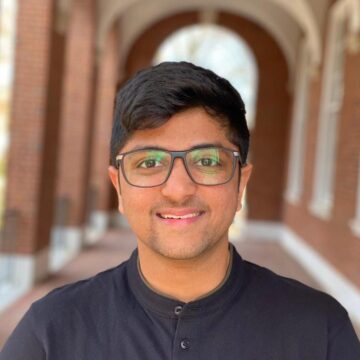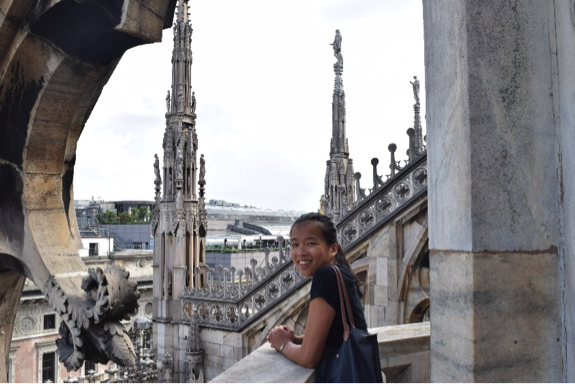
Learn more about the Hopkins experience from an international lens.
Hello! My name is Magdalene and I’m a senior studying mechanical engineering. During the summer of 2016, I did research of 3D food printers in Singapore and for the summer of 2017, I did research on wind energy in Denmark. I, evidently, loved doing research abroad—here’s why.

(1) Participate in cutting edge research. The research I did in Denmark and Singapore was truly unique to those countries. Denmark is one of the leaders in the wind energy industry, and has decided to be powered by primarily green energy. While doing my internship, I was able to learn from some of the leaders in the industry and learn about the new innovations they were making strides to accomplishing. In Singapore, I participated in 3D food printing research; which, as random as it sounds, is completely real and useful. Learning about this would be something I would be hard pressed to find in the US, and was an opportunity completely unique to Singapore.

(2) It’s not as much planning as “study abroad” programs. Coming into Hopkins, I liked the idea of study abroad, but then I realized how much work it would require to transfer the credits and fit everything in. While totally feasible and worthwhile, there is an easier path for those of us who’s can’t plan that far ahead. Research abroad is more similar to a summer internship and have similar deadlines as other summer research and internships.
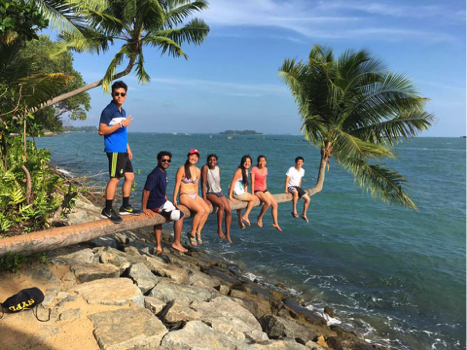
(3) Friends! Research abroad means you can make friendships with people from all around the world. Most research abroad programs will consist of other people from all around the US, and from that, I became quite close with other students from a wide variety of schools. These people became my adventuring buddies, and together we would try new foods, visit different countries, and see new sights. But locals and others in my lab also allowed special friendships to be made. There’s nothing quite like teaching a German how to make a s’more or showing a Grecian how Americans celebrate July 4th. But in turn, they also taught me things about their culture, such as showing me what hygge truly is (and no, their explanation didn’t come from The Little Book of Hygge).

(4) You have more time. Research abroad is unique from normal study abroad or being a tourist since there’s no homework or tests and you’re there for a couple months. The lack of normal school work means that evenings and weekends are completely your own, which makes for great times to explore. If you really take advantage of this over the two months, you can hit up all the tourist destinations as well as local haunts as well. I explored Singapore and Copenhagen so thoroughly, people started asking me for directions and I could probably write an extensive travel guide for both cities. An added plus is that you can easily do weekend trips to other countries. My PIs were understanding if I took an occasional day off to make a three day trip to somewhere else.
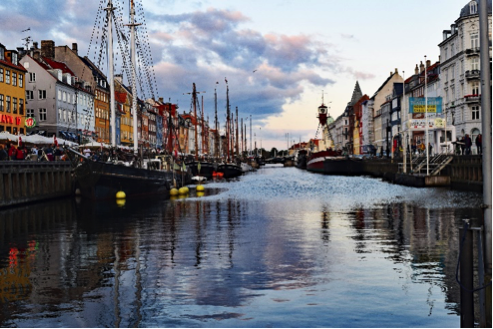
(5) You could travel for free. Yep, you read that right, you can go to a foreign country and live there for two months for free. This past summer in Denmark, I received a stipend from my program to help cover costs. This went towards plane tickets, food, housing, and other costs, and if you budget well, you won’t have to pay anything. However, not all programs offer this, but there are some other options. The Vredenberg scholarship is a Hopkins made scholarship created to help students do research in a foreign country and experience a new culture. You can attach this onto a research abroad program or your own research you coordinate with an overseas professor. There is an application for it, but is very much worth it. And if that doesn’t work, you can also get research credit that can count towards graduation and shows up on your transcript.
